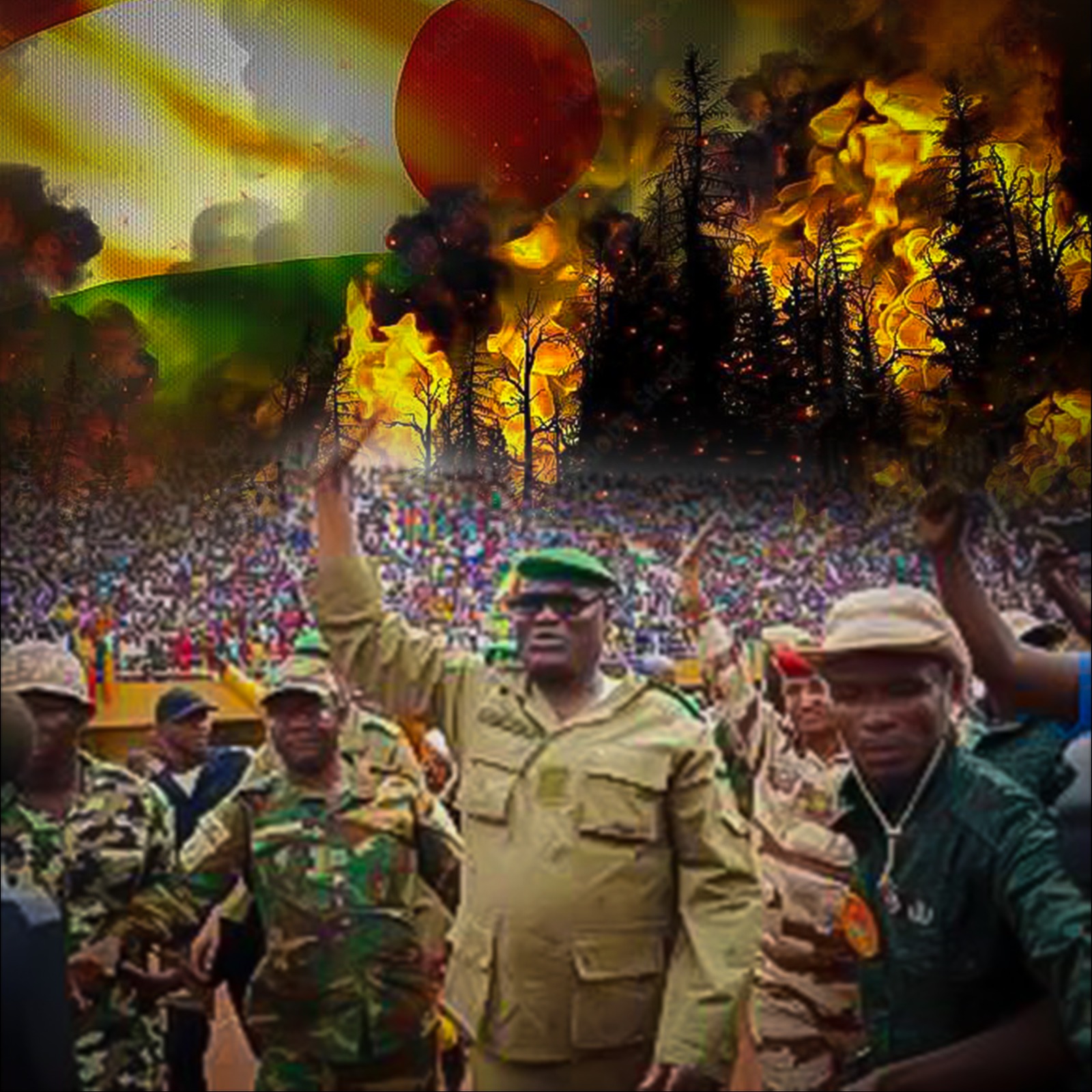When it comes to geopolitics, especially in regions as complex and volatile as the Sahel, actions often speak louder than words. And right now, one of the most significant actions we’re witnessing is France’s withdrawal of its troops from Niger. It’s a move that not only shakes up the security landscape but also lays bare the selfish interests of the military junta currently in power.
Let’s start with some context. France, the former colonial power in Niger, has been a crucial player in the fight against terrorism in the Sahel. Their troops have been actively involved in counter-insurgency operations, taking on extremist groups like Boko Haram and various Al-Qaeda and ISIS affiliates. So, when President Emmanuel Macron announced that 1,500 troops would be pulled out by year-end, it sent shockwaves across the region.
Why does this matter? Well, for one, it leaves a gaping hole in Western efforts to combat a decade-long Islamist insurgency. With France’s exit, the question of who will fill this security void looms large. This isn’t just about military might; it’s about the stability and security of an entire region hanging in the balance.
But here’s where it gets even more intriguing. The French withdrawal exposes the junta’s true colors. Supporters of Niger’s ousted President, Mohamed Bazoum, are celebrating this move as the denial of a “scapegoat” for the junta’s own governance failings. You see, when external enemies disappear, internal problems become hard to ignore. The junta, which seized power in a coup earlier this year, may soon find its selfish interests and inability to govern effectively on full display.
Then there’s the humanitarian crisis. The United Nations and UNICEF have already sounded the alarm about the vulnerability of millions of Nigeriens to further problems in the country. Armed conflicts, political unrest, and insecurity have led to hundreds of thousands of internally displaced persons and refugees. With foreign troops leaving, the humanitarian crisis is bound to worsen.
And let’s not forget the regional implications. Niger’s strategic location and its proximity to other Sahelian countries make it a linchpin in the regional security landscape. France’s exit could potentially open the door to other external actors, including Russia, to exert influence in this volatile part of West Africa.
Meanwhile, as France’s troops prepare to depart, other foreign forces, such as American and German troops, are still in deliberation mode. Their response to this significant shift remains uncertain as they evaluate their diplomatic and security goals.
So, what’s the bottom line here? The escalating insecurity in Niger and its neighboring countries is a dire concern. It’s not just about one nation; it’s about the ripple effect that instability in this region can have on a much broader scale. The Sahel deserves better. The international community and regional organizations, particularly ECOWAS, need to step up their efforts to facilitate a return to civilian rule in Niger and tackle the mounting security challenges head-on.
As we watch the Sahel’s security landscape shift before our eyes, it’s crucial that we don’t lose sight of the real victims—the people caught in the crossfire. Their voices must not be drowned out by geopolitical maneuvering.









































